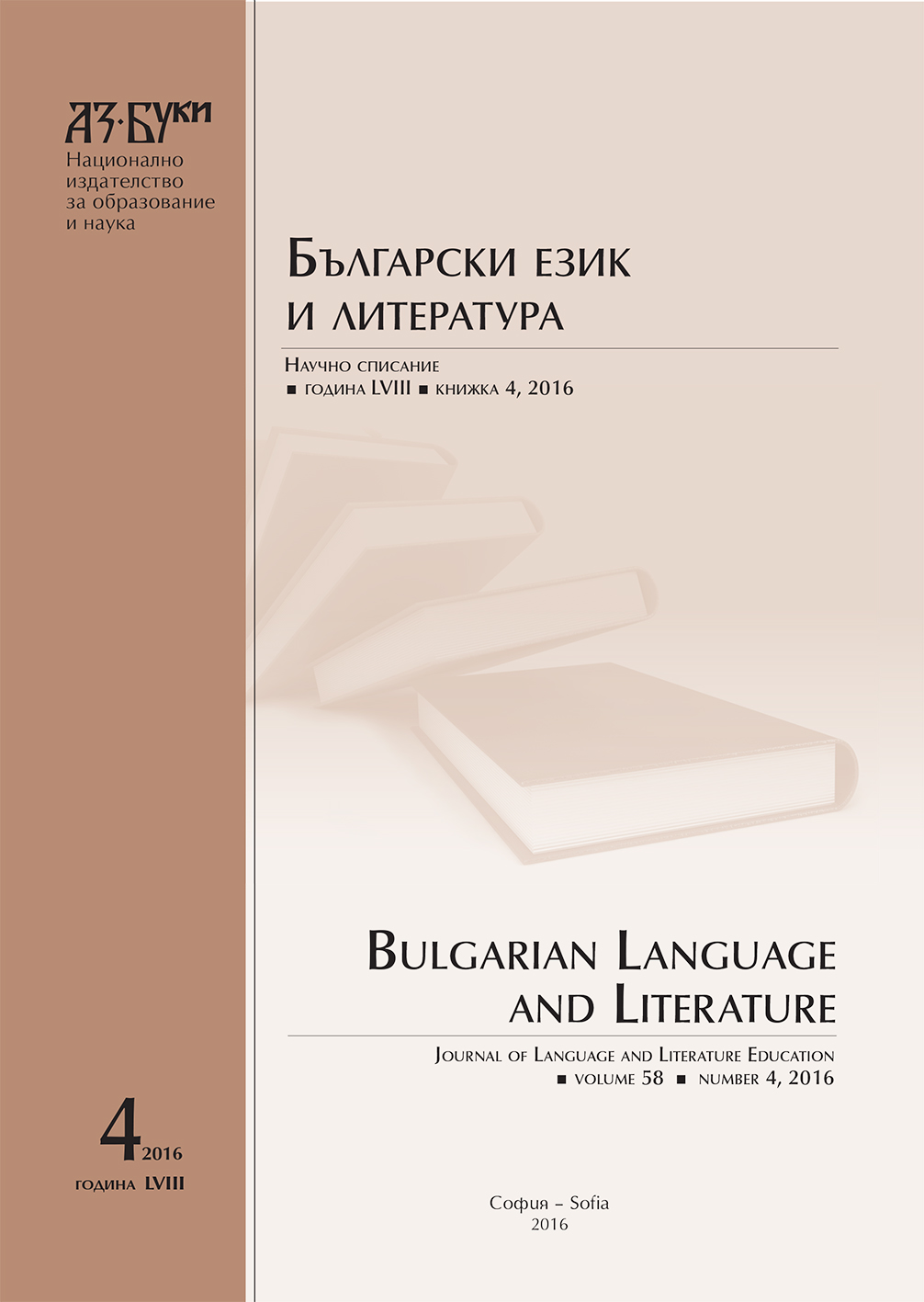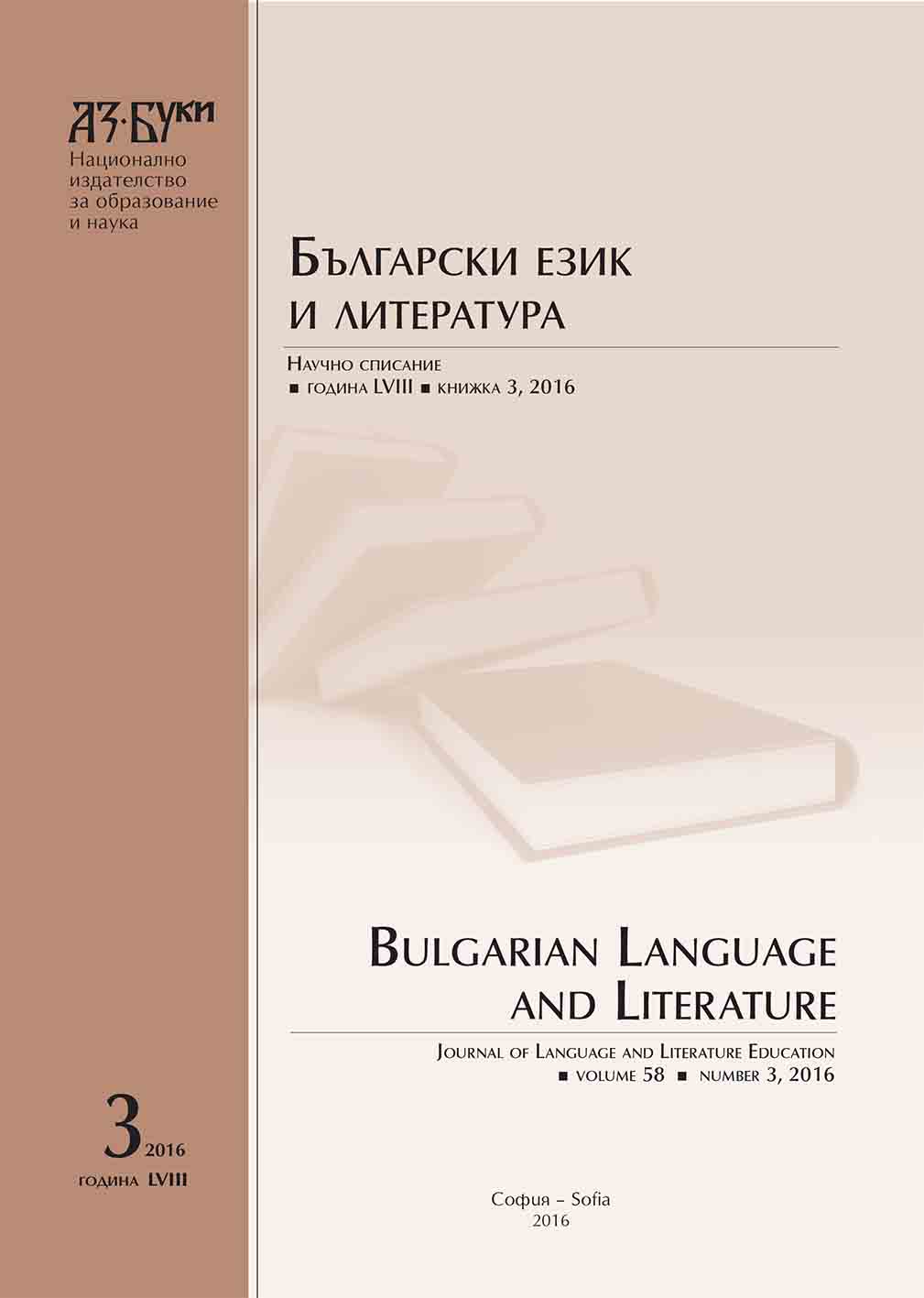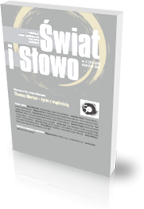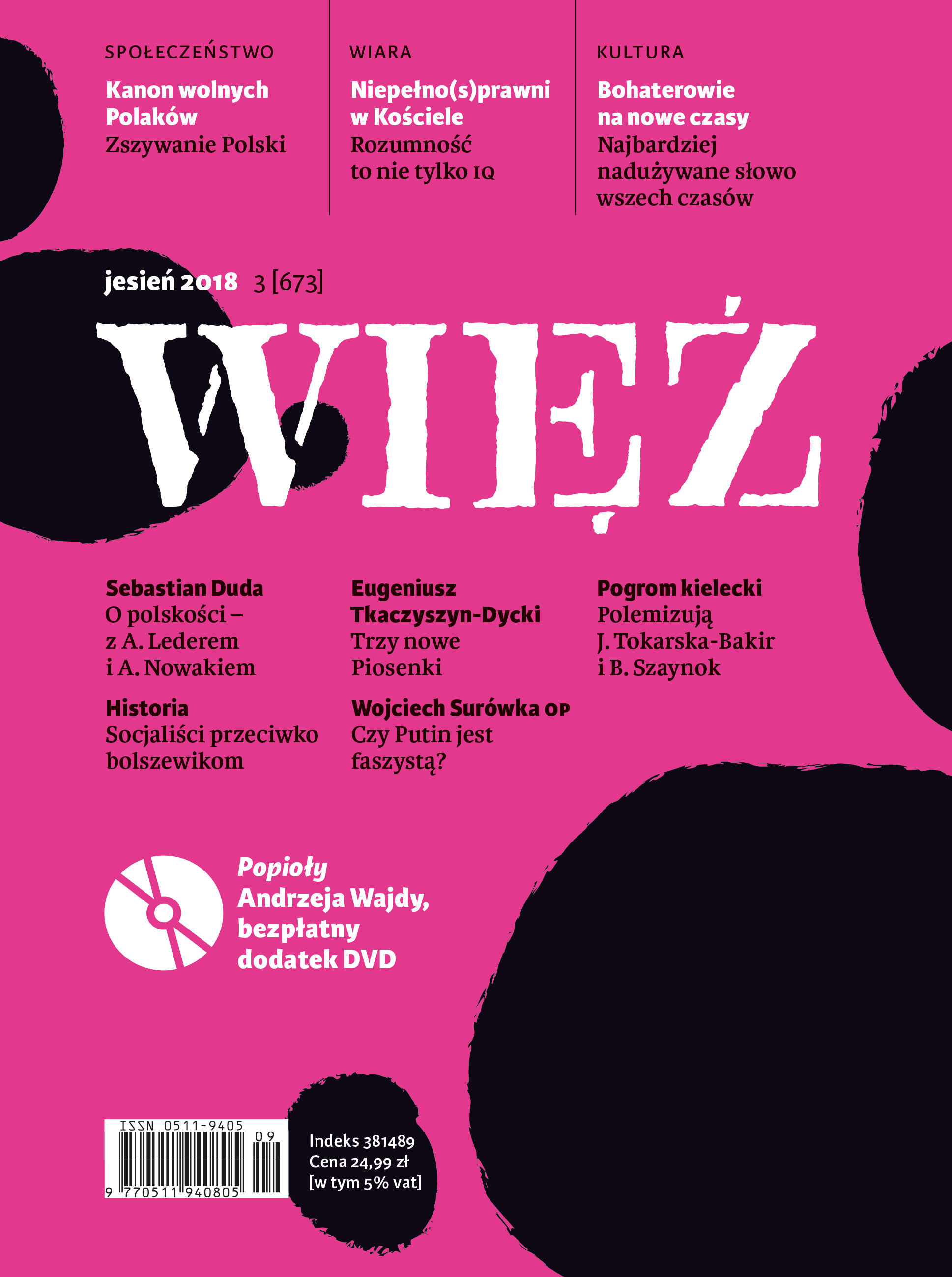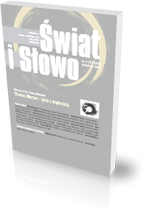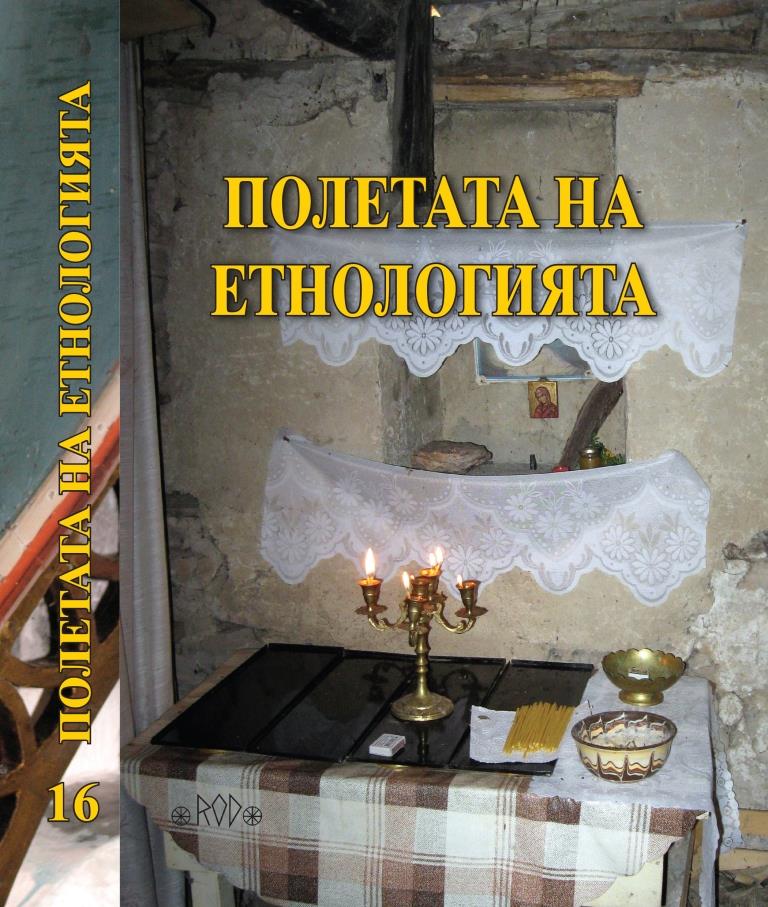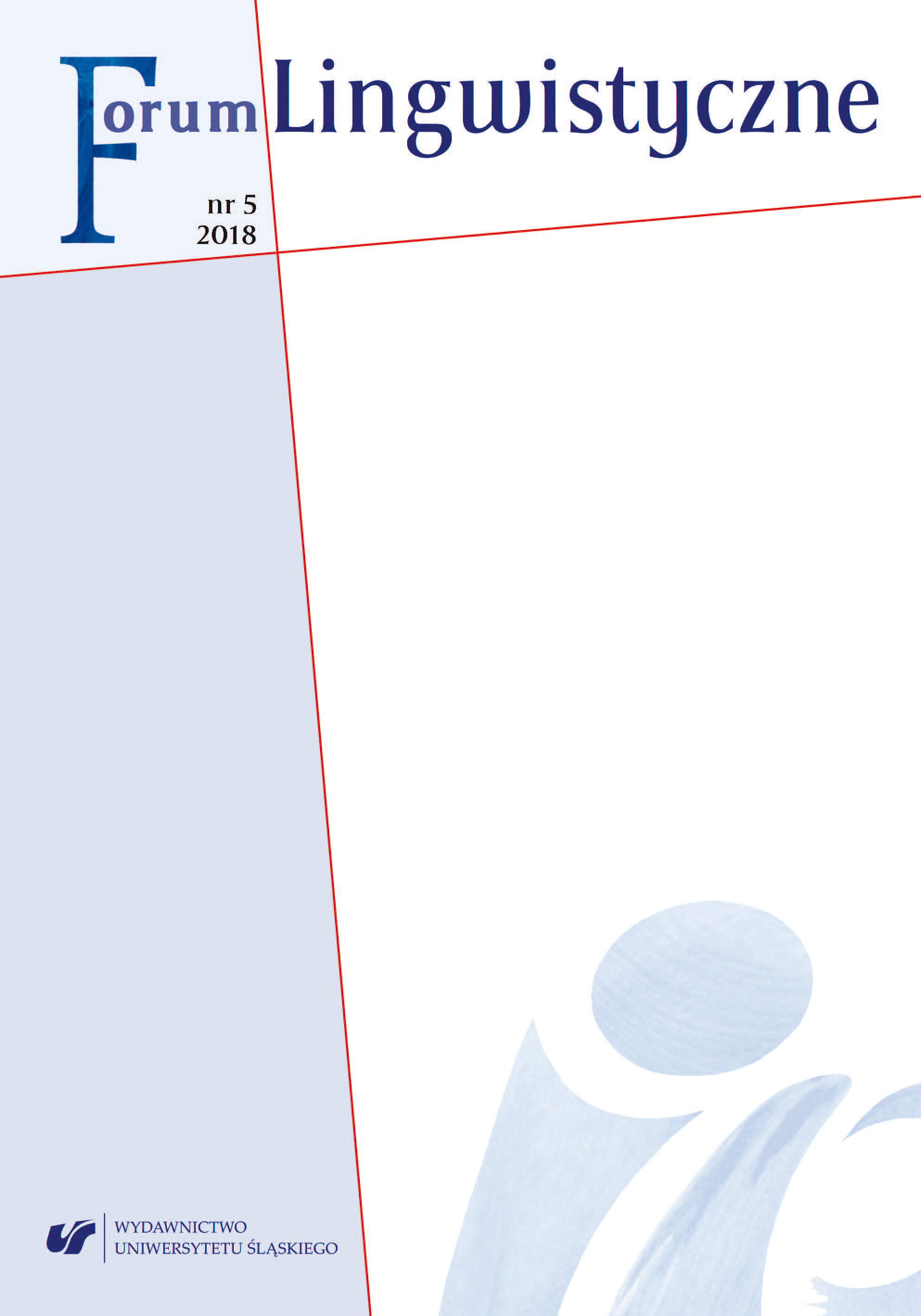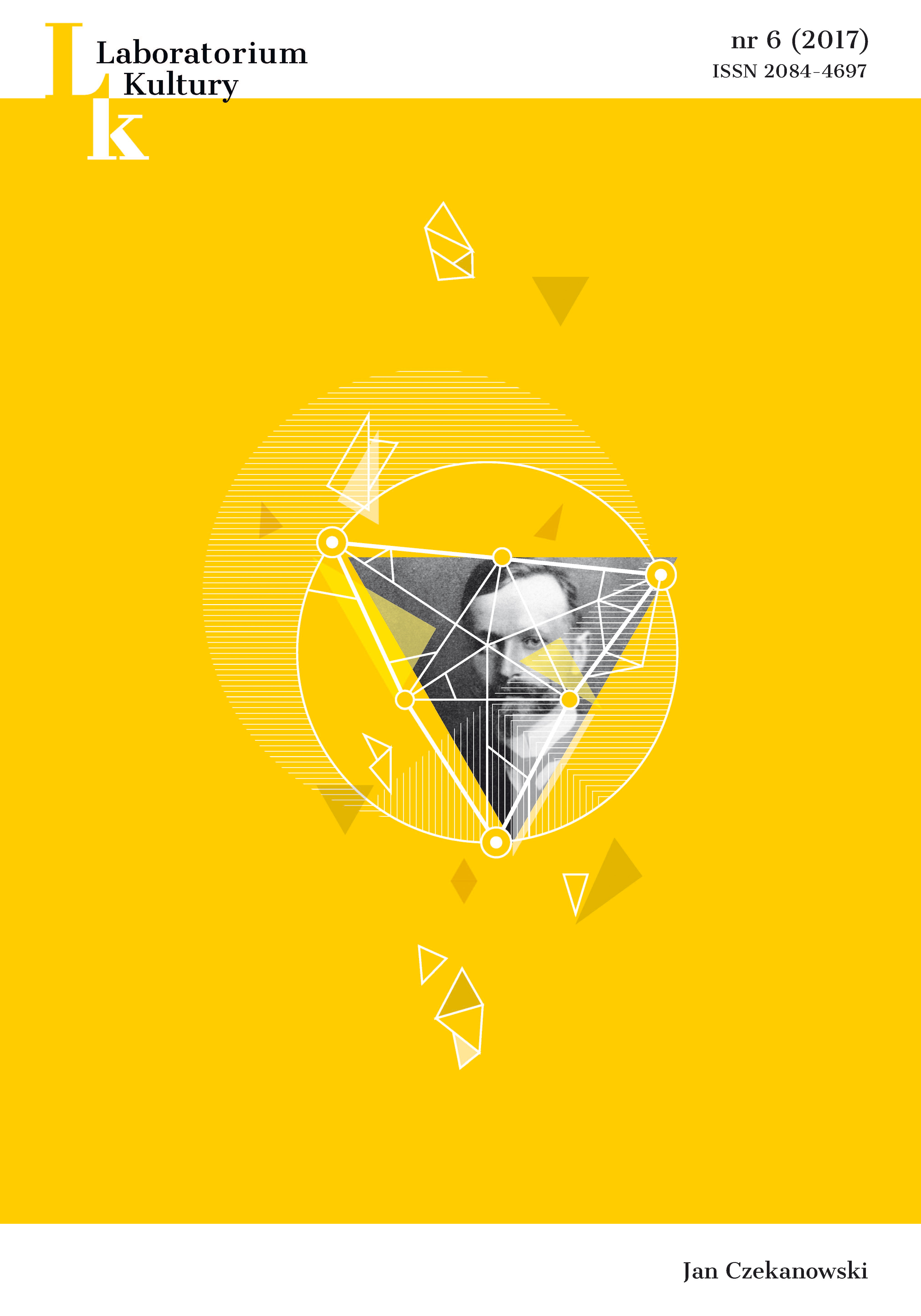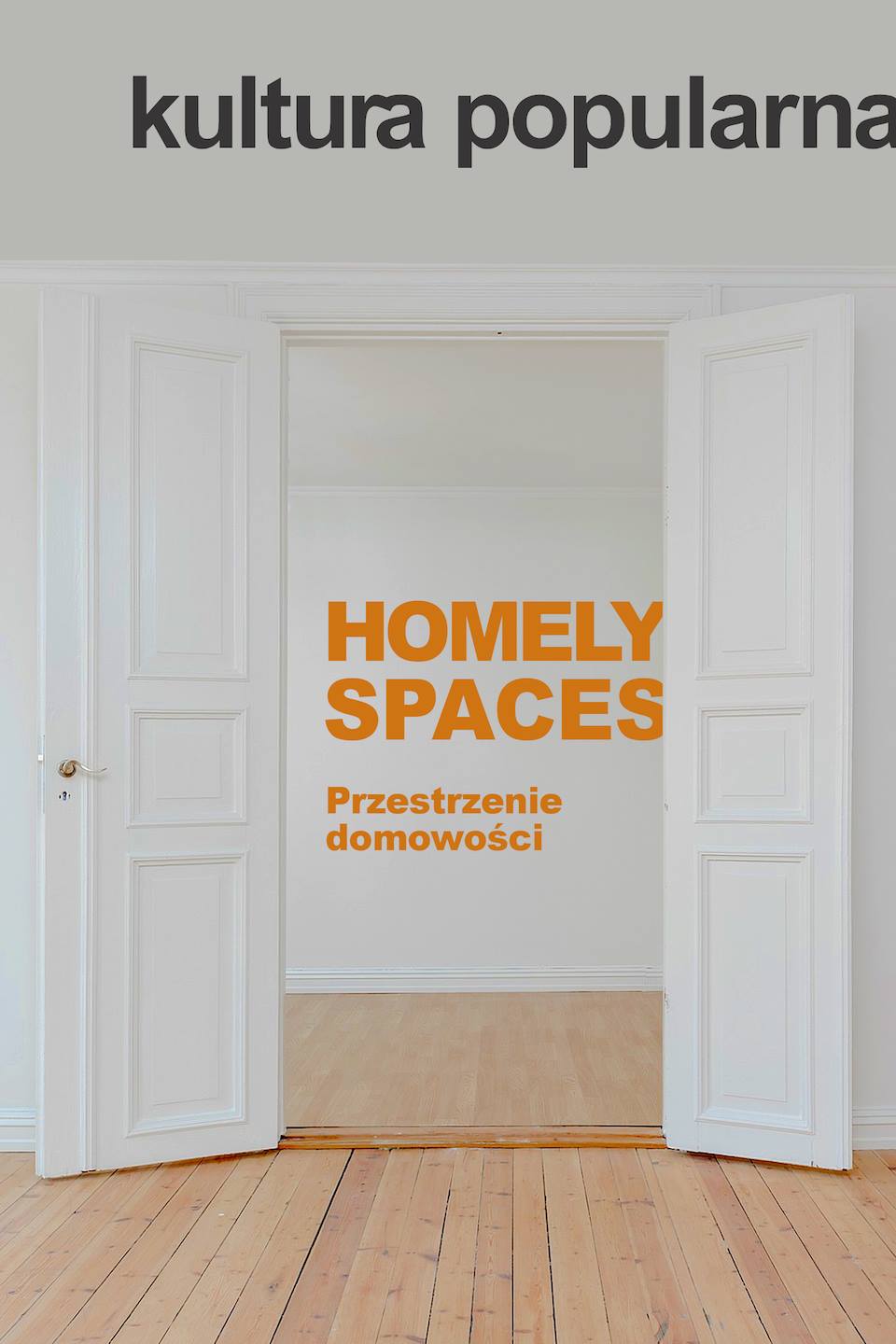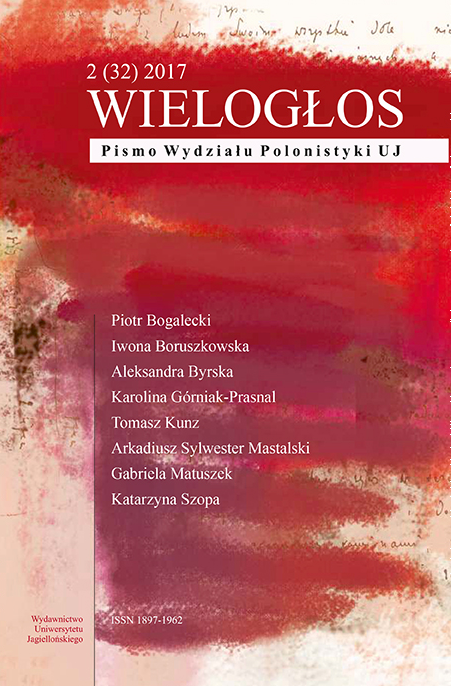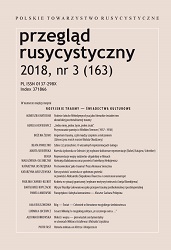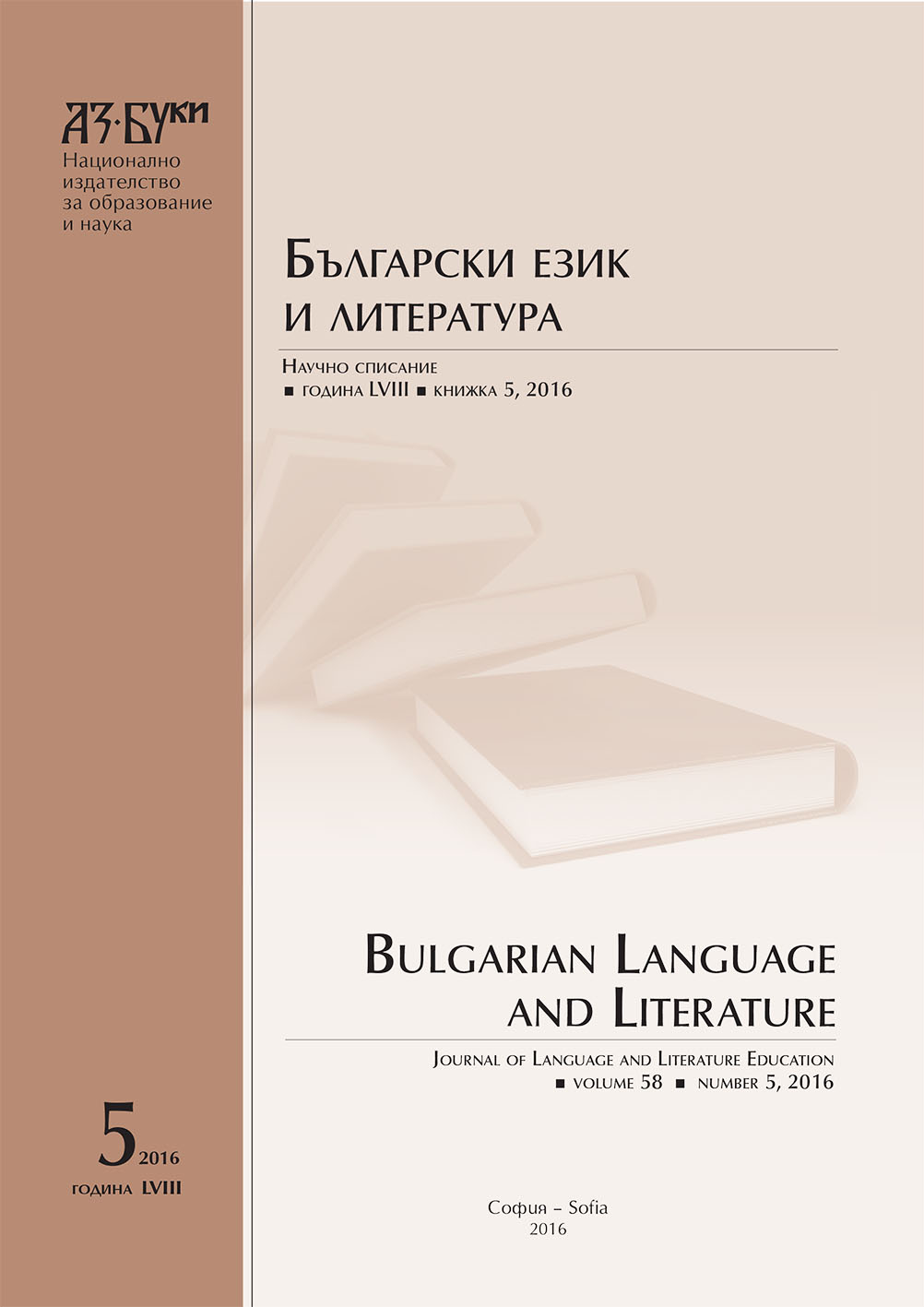
Нереализираният празник в „Последна радост“
The paper analyses Yovkov’s “Last joy” through the interpretation of the feast and its functions. The reach of people with eternal spiritual values with beauty and love is only temporary and incomplete; the feast does not reach the goal to unify material and spiritual, individual and society. The crisis in celebration is caused by the crisis of community. It cannot raise its own leaders, as well as it cannot separate the sacred from the profane. The paper develops the idea that in Yovkov’s prose not only the individual should strive towards beauty and good, but the society also should change its attitudes to achieve harmony with man and the world.
More...
